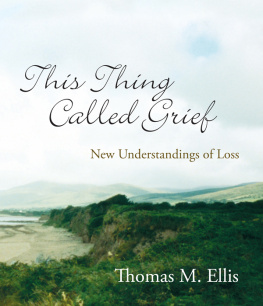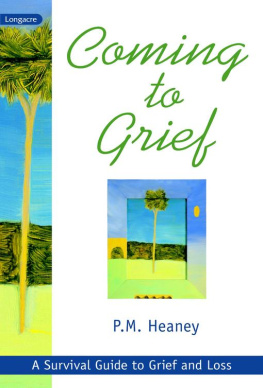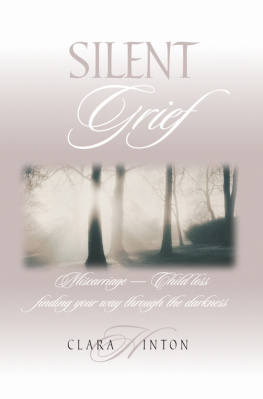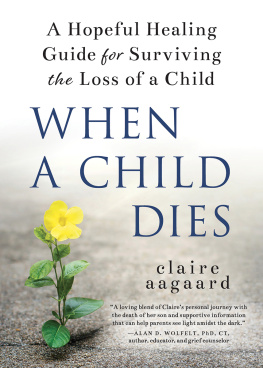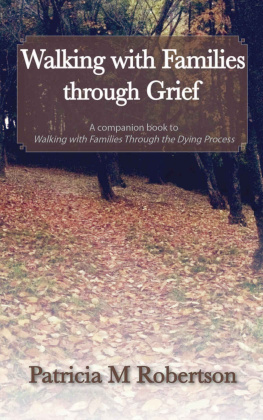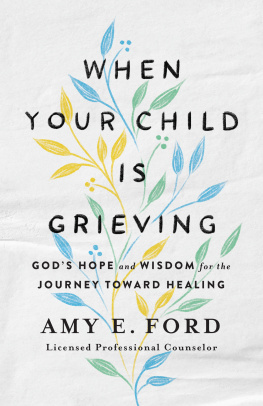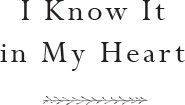

Copyright 2017 Mary E. Plouffe
All rights reserved. No part of this publication may be reproduced, distributed, or transmitted in any form or by any means, including photocopying, recording, digital scanning, or other electronic or mechanical methods, without the prior written permission of the publisher, except in the case of brief quotations embodied in critical reviews and certain other noncommercial uses permitted by copyright law. For permission requests, please address She Writes Press.
Published 2017
Printed in the United States of America
ISBN: 978-1-63152-200-0 pbk
ISBN: 978-1-63152-201-7 ebk
Library of Congress Control Number: 2016957317
Cover design Julie Metz, Ltd./metzdesign.com
Cover photo: Margarets Hands Jack Montgomery Photography
Interior design by Tabitha Lahr
For information, address:
She Writes Press
1563 Solano Ave #546
Berkeley, CA 94707
She Writes Press is a division of SparkPoint Studio, LLC.
HOW COULD I EVER KNOW? (from The Secret Garden)
Lyrics by MARSHA NORMAN Music by LUCY SIMON
Copyright 1991, 1992 ABCDE PUBLISHING LTD. and CALOUGIE MUSIC
All Rights Administered by WB MUSIC CORP.
All Rights Reserved
Used By Permission of ALFRED MUSIC
No More (from INTO THE WOODS)
Words and Music by Stephen Sondheim
1987 RILTING MUSIC, INC.
All Rights Administered by WB MUSIC CORP.
All Rights Reserved Used by Permission
Reprinted by Permission of Hal Leonard LLC
For Martha
Seeds

When you are trying to be a writer in Maine, people throw seeds at you.
They know the soil here is rocky, boulder-filled like the coastline, so they keep throwing them. Handfuls sometimes.
Occasionally, one finds a crack, a tiny crag between the boulders, and germinates, shooting something green and persistent and impossibly beautiful.
So many people have done that for me.

Joan Dempsey listened to a haiku I wrote about peeling potatoes, and said, You are a writer. I want to be your friend.
Suzanne Strempek Shea waved a few journal fragments in the air and said, Do you have an agent?
Ted Deppe cried two long poets tears the night I read on the coast of Ireland.

I didnt believe them, mind you, but the seeds got caught in my Keens.
So I sat down and kept writing.

Susan Conley taught me how to make a story come alive with scene and dialogue and didnt even flinch when I said, Oh, I get it. You want me to write all the stuff I skip when Im reading.
Monica Wood introduced me to the naked narrator in a lab coat who would become my voice.
All these seeds found earth and surrounded me with living shoots, green and growing.

Total strangers invited me to join writing groups, and read my work with kindness. They watered those shoots, pruned the ones that prickled, and nurtured my garden while I wrote.
It took years, but the shoots became trees to lean against, ferns to dry my tears, and flowers to give me hope.

I knew I had a story. Marthas and Herb and Liamarie gave me that.
But the writer who tells it owes everything to those seeds. What works in this book grew from them. What does not is mine alone.

So come to Maine if you want to be a writer. Know that you will be surrounded by kindness and wisdom and encouragement and skill.
And look closely as you walk my garden. If, in my story, you find comfort or compassion or companionship, take those seeds and bring them home.

Spread them wide and plant them deep, so my debt will be repaid.
Prologue

Winslow Park
Theres a small town park about a mile from my home. It sits on a long narrow peninsula where the Harraseeket River and the ocean meet. One side looks out to a scattering of islands in Casco Bay, then beyond to open ocean. The other side borders an inlet with a view of Harraseeket Harbor, and the small cove around the corner where my house sits, hidden behind the hemlocks. When the tide is in, red and yellow kayaks dot the cove. But a few hours later, blue herons will bend their backs alongside clam diggers in the mud.
The trail along the inlet weaves deep into the pine forest, tracing the waters edge as you head to the point. In summer a hundred campsites fill with tents and RVs and people who plant flowers outside their campers for a two-week stay. But mostly when I go there, the park is empty. I can walk along open ocean, buffeted by crisp winds in the fall, or track footprints in winter snow. Or I can take the inlet trail where spring mud is deep, and I am sheltered from the ocean winds. I never tire of this place.
I walk to the point, where a few benches capture the view. I always head to the same one. It is pebbled granite, thick and solid, with a tall angled back. It sits at the tip of the peninsula, with the best view of the boats moored in Harraseeket Harbor and the traffic of sailors squeezing through the small channel that links the ocean with the rivers mouth.
Engraved in the back of the bench is the name of a young woman who grew up just a few miles from me. I know her parents. Her brother played baseball with my son. Her name and the dates of her birth and death are engraved beneath several carefully chosen, loving adjectives. I read them every time Im there, but they never stick. What always sticks is her story... a vibrant young woman celebrating her twenty-third birthday on a camping trip with two close friends in western Maine woods not seventy miles from this spot. A storm, a tree falls. She is killed instantly, her friends untouched.
I remember her mother speaking to the crowd that overflowed the South Freeport Church onto its chair-filled front lawn. I dont know how we are standing today, she said, but I think it is because you are all standing with us.
I know why I go to this bench. It is not to honor her loss, though I do. It is not to remember my community of friends and neighbors grieving together and supporting her family, and building this bench in her memory. It is none of these things.
This is, for me, a monument to randomness. To the simple truth that we do not decide our fate. And to the concrete, overwhelming truth that beauty sits with horror, and I must find a way to bear them both.
The Favor
It was one of those late summer nights, an August night in Maine when dusk brings a hint of fall air. The phone rang, and I reached for the receiver on the wall beside my kitchen table, trading hands so I could keep sweeping up the dinner crumbs as we talked. I knew it would be Martha, so we didnt bother with Hello, just started the conversation where wed left off so many times in the past few weeks.
Next page

